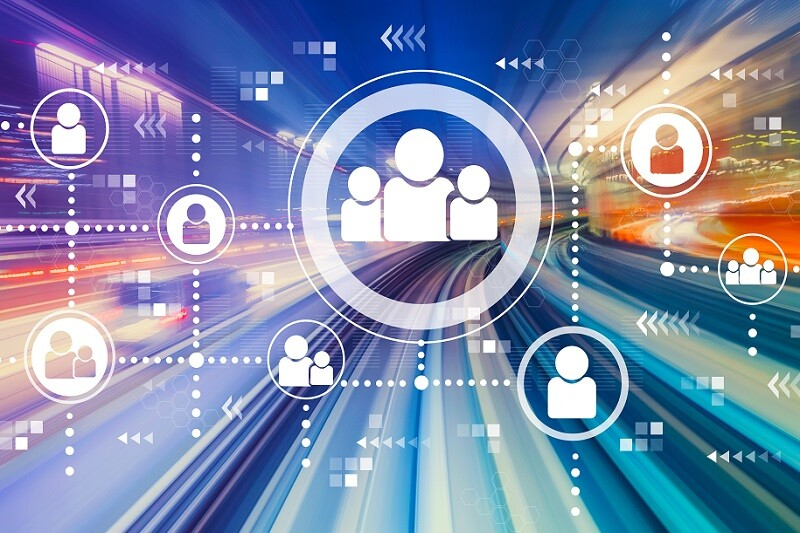ATD Blog
New Roles for the Connected Learning Experience
Mon May 01 2023

To create a valuable and connected learning experience, it’s important to consider the range of learning styles and roles people play in an organization throughout the learning life cycle. Identifying different types of learning moments, learners, and learning facilitators enables us to take full advantage of our assets and own the learning process.
Moments of Learning Need
We should frequently consider the resources we make available to employees during a learning experience, but the process shouldn’t end there. We need to consider the moment of need learners are encountering.
The concept of “moments of learning need,” developed by Conrad Gottfredson and Bob Mosher, is a powerful learning-centric perspective that focuses on when and under what conditions a performer needs to learn something to drive a desired outcome.
The moments of learning need are:
Learning for the first time
Learning more
Applying and refining
Adjusting to change
Reacting to failure
Each of these moments has different requirements. When someone learns a concept for the first time, they build a new foundation that they can apply to get better at a pursuit. In this context, learners need the most structure and scaffolding.
If adjusting to change or reacting to failure, however, they will need more performance support in real time. If they’re trying to fix or address an issue, they don’t need the same level of history and context as when learning about that subject for the first time; they just need insight on how to fix or change current performance to achieve a desired outcome.
There are two emerging moments of need outside of Gottfredson and Mosher’s work that are crucial to consider.
The emerging moments of learning need are:
Innovating
Growing for the next role
These moments of need are about driving toward something new, taking original approaches, gaining insight, and expanding.
As we consider these moments, we should also think about how we organize resources for different learning situations. Transposing our concept of a learner onto one of several distinct types of learning roles is useful when supporting someone throughout an entire learning experience.
Expanded Learner Roles
We no longer subscribe to the traditional mindset of simply providing content that a learner consumes and then regurgitates. When we move beyond the first two learning moments—learning for the first time and learning more—to adjusting, refining, reacting, innovating, and growing, it’s critical to understand the expanded learner roles at play during different moments of learning. For instance, at different points individuals may take on these expanded learner roles:
Consumer
Moderator
Curator
Contributor
Creator
Collaborator
When we treat people like active participants, we expand beyond the mindset of a consumer learning experience, and instead incorporate the roles of moderator, curator, contributor, and so on.
We can use an understanding of expanded learner roles and their attendant needs to apply, refine, and amplify the learning experience in innovative ways. When we identify and nurture learning moments of need and learner roles, we witness organic response to change and conflict resolution.
Connected Organizational Learning Roles
Another equally important, yet often overlooked, component of a connected learning organization rests in how an organization facilitates learning and provides support throughout the learning life cycle.
We can think about the following list of organizational learning roles through the lens of Robert Cross’s work on organizational network analysis, a way of thinking about how organizations become productive.
We have four primary organizational learning roles:
Learning connectors: People inside a business who have access to resources
Learning bridges: Individuals who make connections across an organization or team by bringing in insights and different perspectives
Coaches and mentors: Topic specialists with an area of expertise who can help facilitate and accelerate specific projects
Information brokers: People with access to information in a very fluid state who enable us to learn and ultimately perform
All of these roles are critical for a transforming organization. It’s important that we uncover who performs these roles, identify how to nurture them, and make sure we retain them.
Once we identify how the broader organizational learning ecosystem operates and contributes resources and information, learning itself will flourish without much formal intervention. This approach allows us to pull full value from our communities and make real strides toward success.
More from ATD


